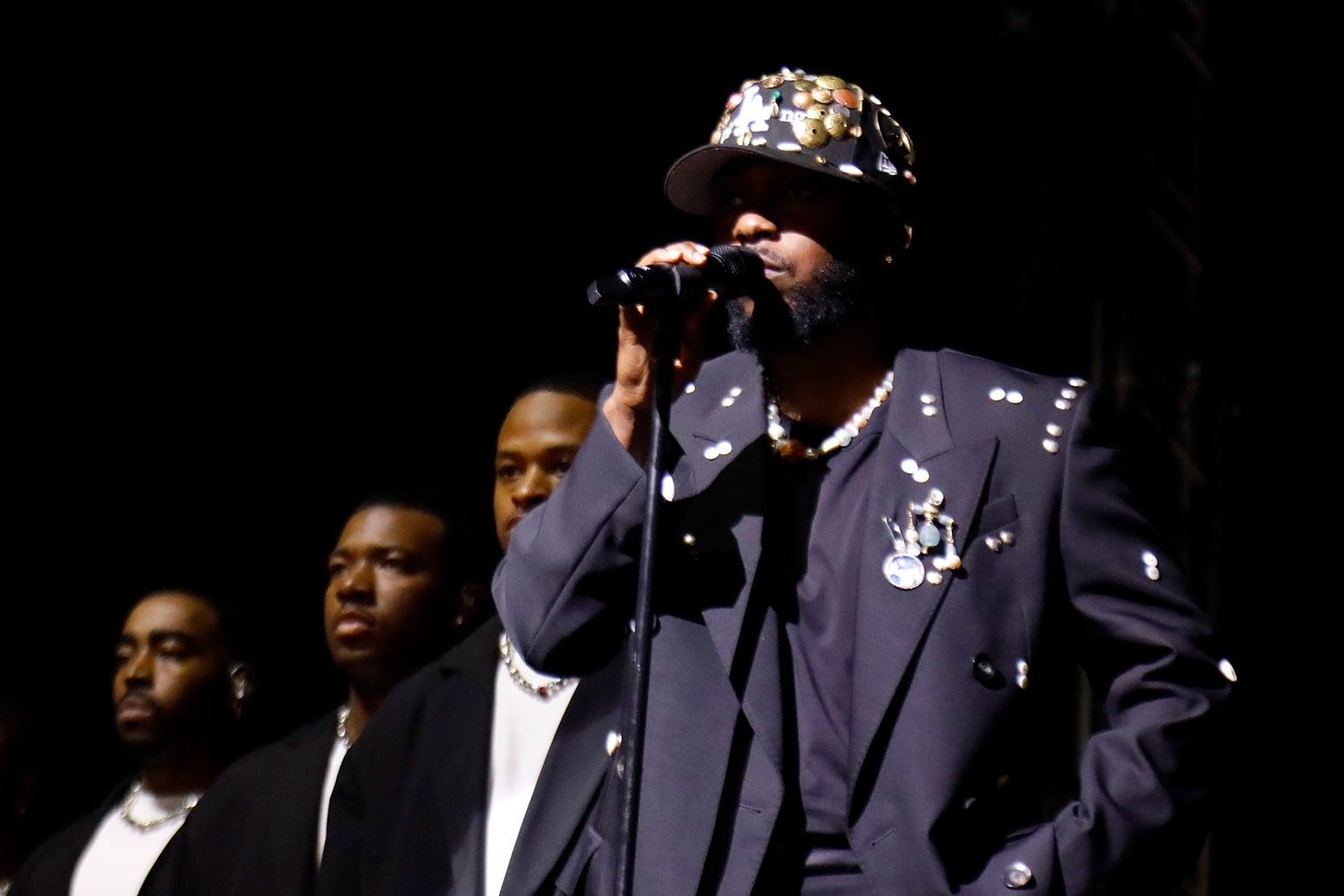He didn’t say bad. It’s technically incredible which doesn’t mean it can’t be morally abhorrent at the same time.How is this a bad software exactly? And besides, what comes first, good music (which current models occasionally achieve) or "Me!"....
The art of creation (or creation of art if you will) should always come first, creative thinking is one of the defining characteristics of intelligent life.





